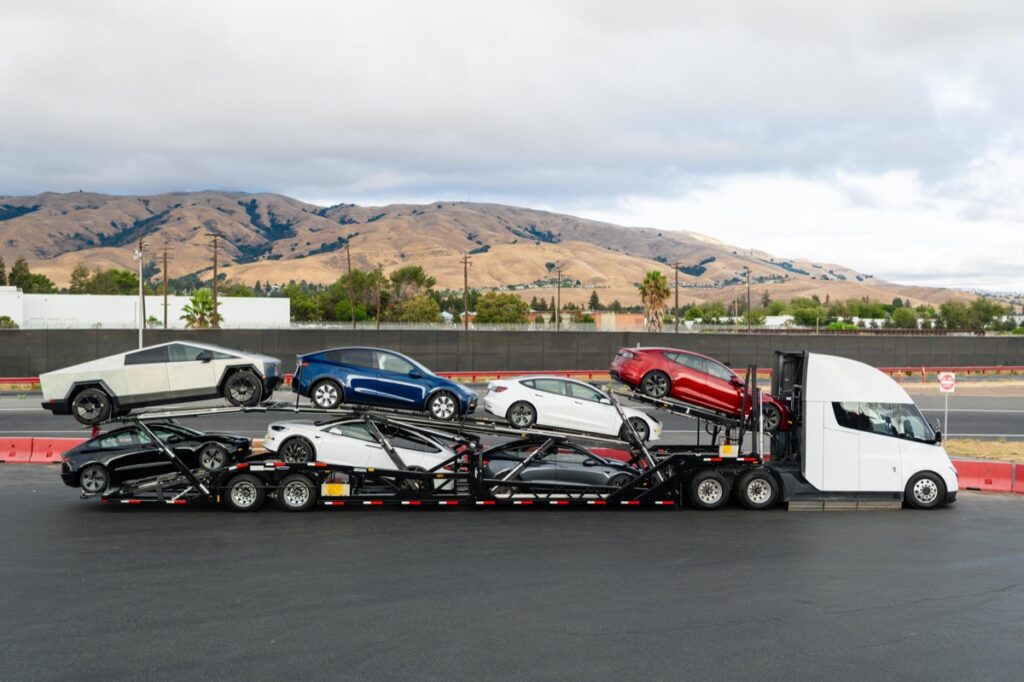Tesla Added to Chinese Govt. Purchase List for the First Time
Tesla vehicles have been included on a Chinese government purchase list for the first time, as reported by the state-owned media outlet Paper.cn, reports CNN.
The government of Jiangsu province in eastern China has listed Tesla as the only foreign-owned electric vehicle (EV) brand in its procurement catalog. Other brands on the list include Volvo, which is owned by China’s Geely, and state-owned SAIC.
This development allows government agencies and public groups in Jiangsu province to purchase Tesla cars for official use, underscoring the strong relationship between China and Elon Musk’s company.
The news has sparked significant discussion on Chinese social media, with some users questioning the suitability of foreign cars for government use.
In response to these concerns, the Jiangsu government clarified that Tesla models are “domestic cars, not imported,” according to a report by the state-owned National Business Daily, citing a government official.
Tesla CEO Elon Musk’s recent surprise visit to China coincided with the Beijing auto show, where reports suggested he was promoting the company’s self-driving technology. During his visit, Musk met with senior trade officials, highlighting Tesla’s strategic interests in China.
Tesla’s Shanghai gigafactory produced approximately 947,000 cars in 2023, with most vehicles being used within China. The Model Y, manufactured at Giga Shanghai, is listed in the government’s purchase catalog at 249,900 yuan ($34,377).
China has become a critical market for Tesla, accounting for over half of global EV sales. In 2023, nearly a quarter of Tesla’s revenue came from China. However, Tesla faces competition from Chinese EV makers, with BYD (they make a tonne of hybrids) surpassing Tesla in the final quarter of 2023 before Tesla regained the lead in early 2024.
Previously, Tesla cars were banned from certain government and military areas in China due to data security concerns. These restrictions were lifted in April after Tesla passed China’s data security requirements. This announcement coincided with Musk’s meeting with Premier Li Qiang, who commended Tesla as a “successful model” for US-China collaboration.
Meanwhile, the European Union has imposed additional tariffs on Chinese-made EVs, including those exported by Tesla. The EU’s tariffs, aimed at countering “unfair” government support for Chinese carmakers, have led Tesla to request a separate tariff rate calculation, currently facing an average 20.8% additional tariff.

